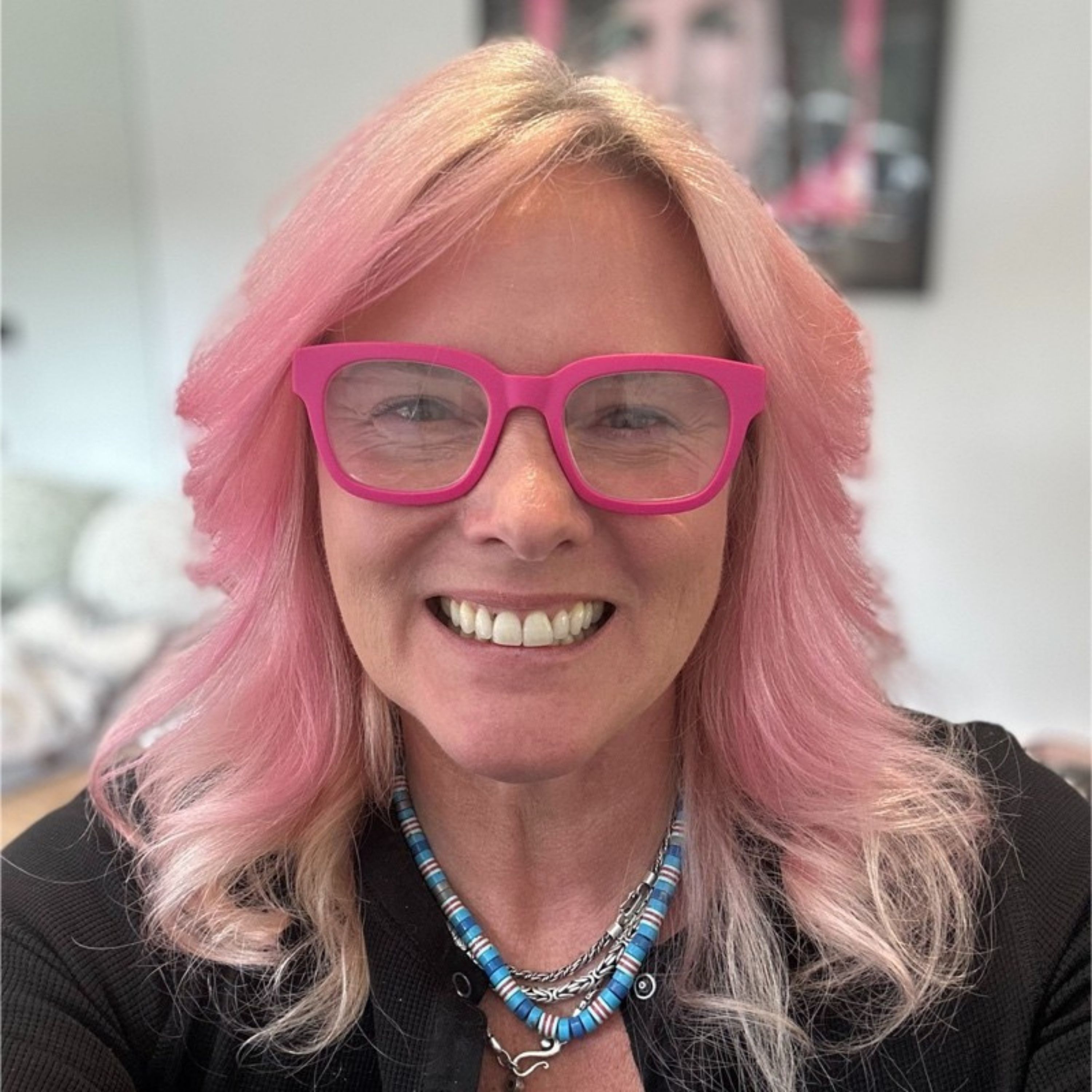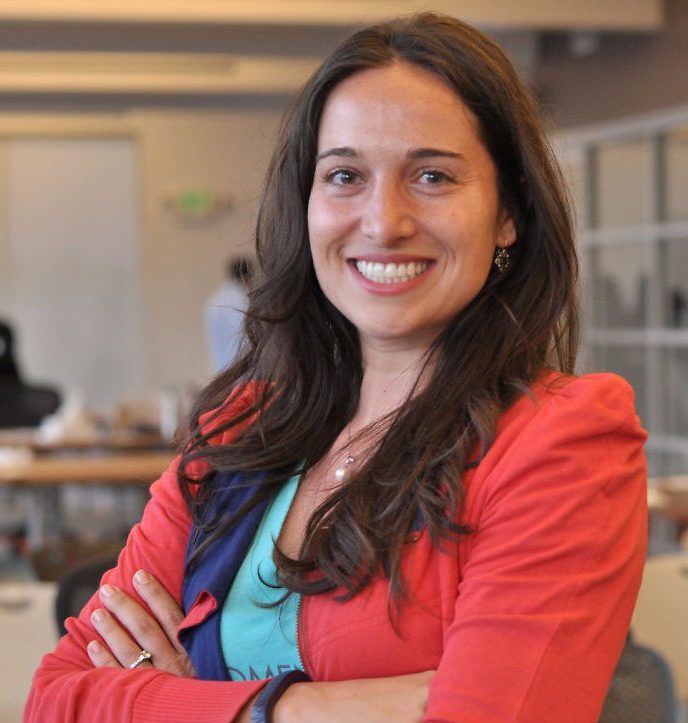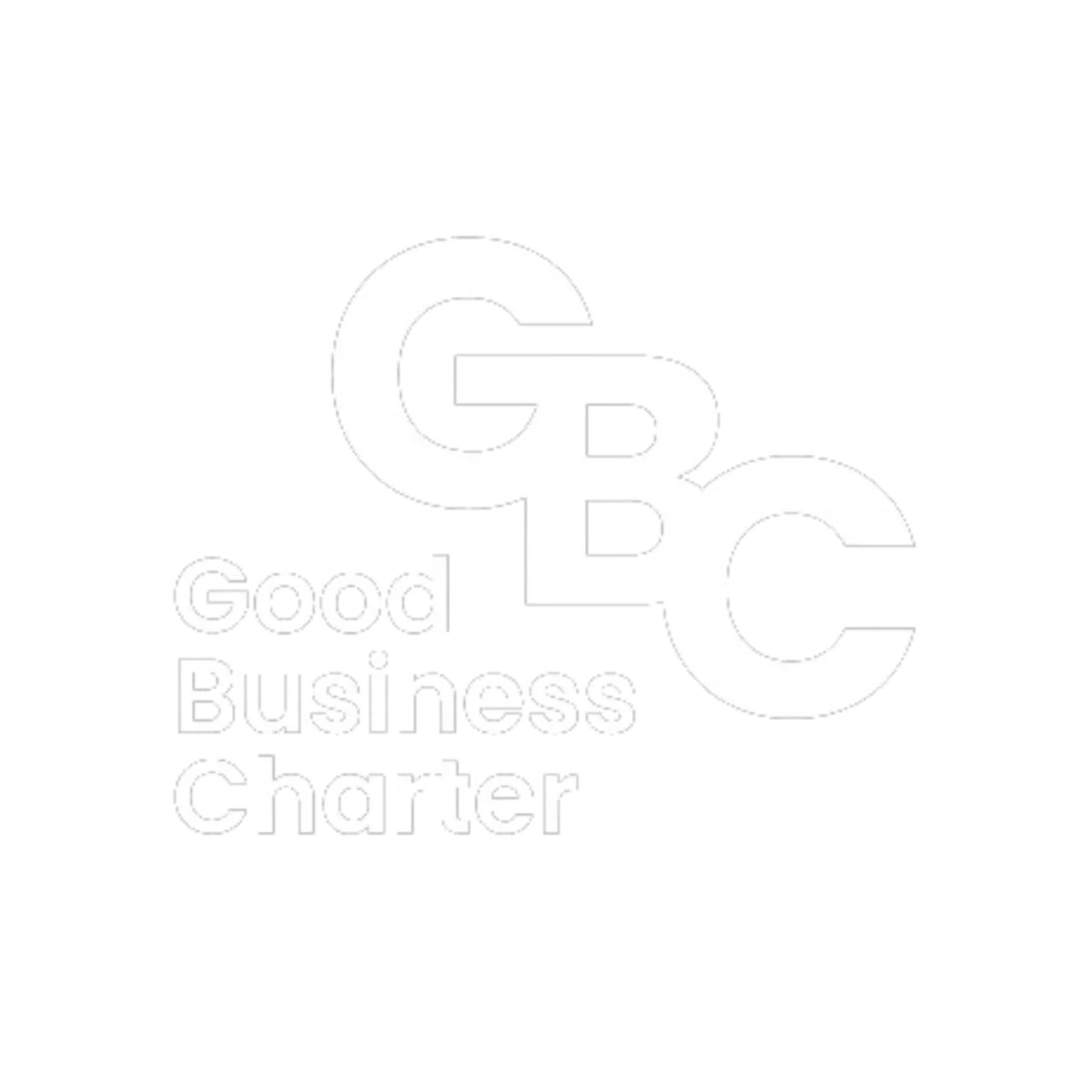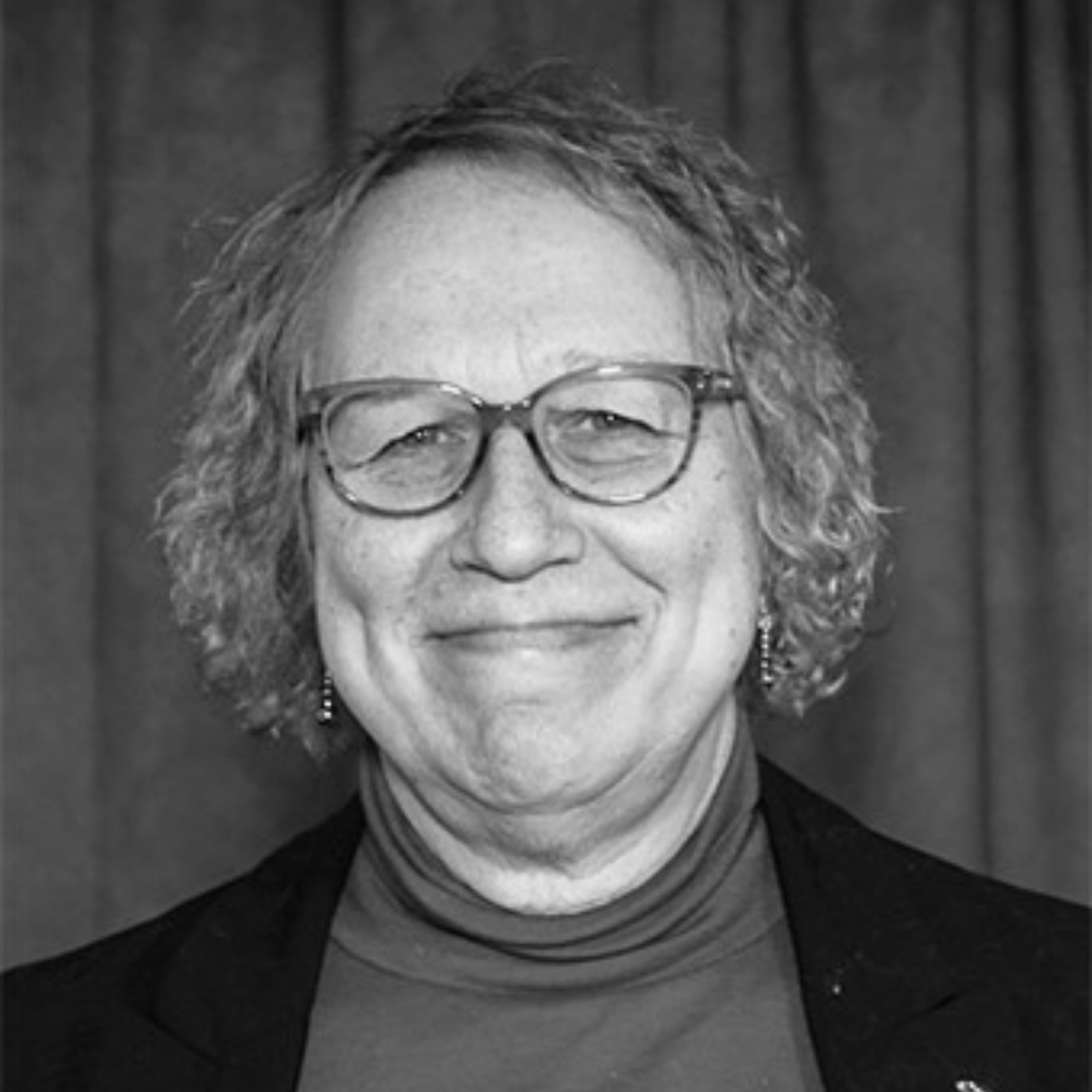
Tech Talent Spotlight Series: Lauren Mathurin
06 Mar, 20235 minutesLauren Mathurin is a Senior Vice President in Silicon Valley Bank's Early-Stage Practice (SV...
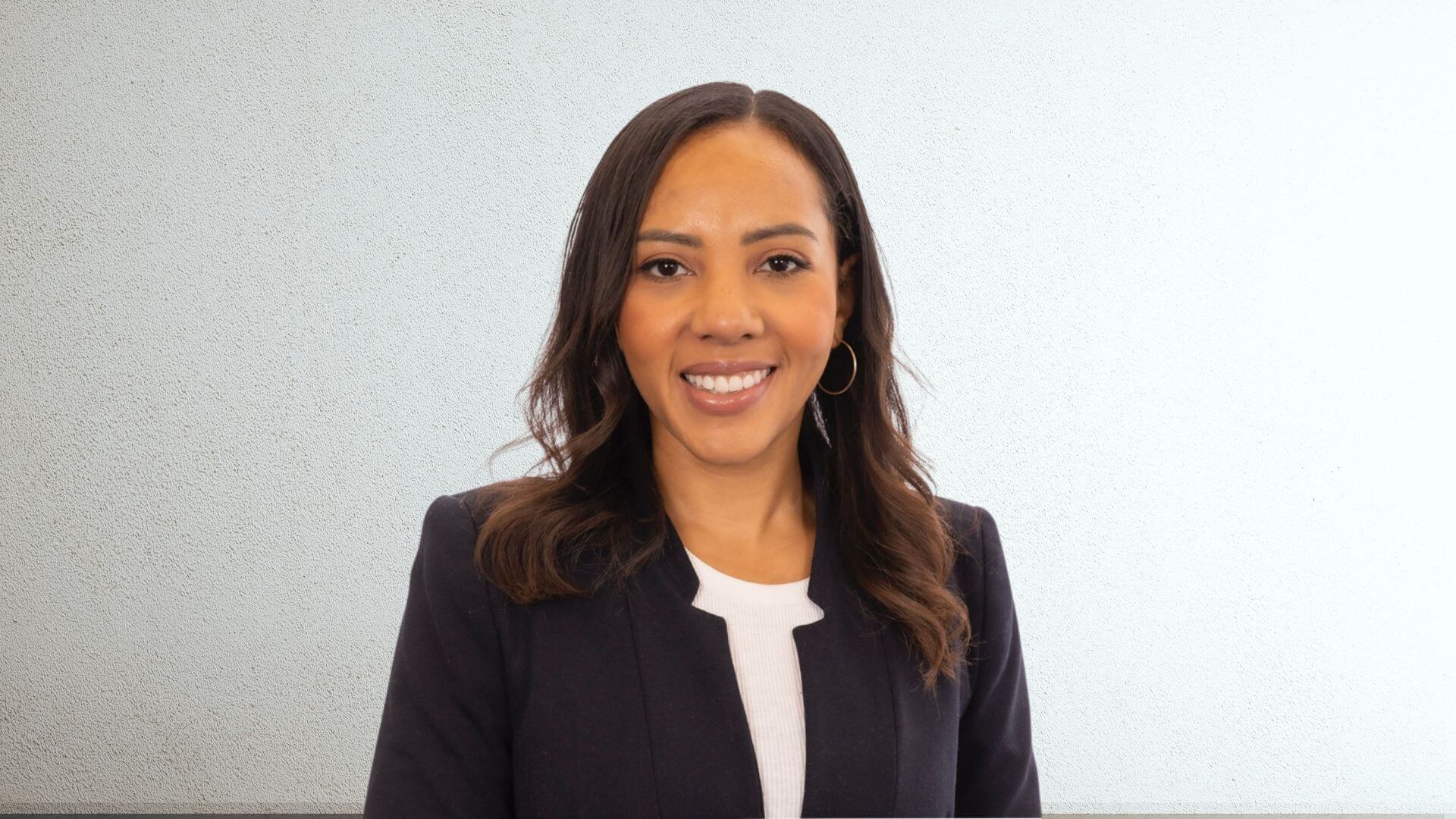
Lauren Mathurin is a Senior Vice President in Silicon Valley Bank's Early-Stage Practice (SVB).
Lauren previously worked as a Relationship Manager at Metro Bank for two years and at Lloyds Bank for ten years before joining SVB. With over 15 years of experience in Business Development and Portfolio Management, she is working with exciting fast-growing Tech and Innovation companies across the UK and EMEA, assisting them on their journey to International and Financial growth.
She co-chairs the Racial Equity Employee Resource Group for Silicon Valley Bank EMEA in addition to her role as Senior Vice President in the Early Stage Practice. The Racial Equity Employee Resource Group is dedicated to creating a more inclusive culture and focuses on increasing racial, ethnic, and gender representation within SVB.
Lauren is a catalyst for change in her field, and within this article, she discusses her career in finance, her work to increase greater inclusion in what is traditionally a very white cis male-oriented industry, and her leadership advice for women.
Could start with you telling me about who you are and your background.
I’m Lauren Mathurin, Londoner born and raised. I have a 3-year-old daughter and I’ve been working within the banking industry for the last 19 years.
I’m extremely passionate about Diversity, Equity and Inclusion and I Co-Chair the Racial Equity Employee Resource Group for Silicon Valley Bank EMEA. I am also passionate about financial education and coaching. I have a company called Insight Money Management which provides workshops to 16–25-year-olds providing overviews of different financial products to enable them to feel confident when making decisions on general financial products. I am currently studying to become a qualified coach.
You are a senior Vice President at Silicon Valley Bank; can you talk about your journey to get to this position?
I started my Banking career as a part-time cashier when I was at university, it was one of the 3 part-time jobs I did to get by. I found that as time went by, I really enjoyed speaking to clients and recommending suitable products based on what I saw on their accounts. After doing various roles including being a business relationship manager, I was approached for a role at Silicon Valley Bank. Once I saw how niche they were, their values and their dedication to help companies succeed I knew that it was the role and company for me. I started as a Senior associate, managing a large portfolio of Early-stage companies, and over the last 5 years I have built my network in the Tech ecosystem, created value add events and joined various initiatives across the bank to enable me to move into the Senior Vice President role, now specialising in managing a portfolio of Consumer tech companies from Seed stage through to Series A.
What have been the biggest barriers you have faced in your career in financial services?
In the early days of being a relationship manager, due to being in my 20’s at the time, it felt like some colleagues and clients wouldn’t take me seriously or would second guess my judgement because at the time I looked really young. I was the “only one of” in a team that was mainly made up of the typical older male bankers which at time made it difficult to be my authentic self, always having to try and act differently. I never felt like I was held back in job roles, but I do feel like I was never my true self which I think may have prevented me from really excelling and perhaps going further earlier in my career, as it has really worked for me over the last few years.
What is your biggest achievement to date?
My daughter and how smart, charismatic, and confident she is. Although she is only 3, I have encouraged her to be vocal about how she feels and to show her abilities rather than shying away from them. In my career my biggest achievement to date would be the trajectory that I have had in my career, especially over the time I have been at Silicon Valley bank. I have worked hard and it’s been rewarded by allowing me to be recognised for what I do and what I am passionate about. I also recently won a Contribution to DE&I award and was nominated by my colleagues which I am also very proud of.
Who was an inspiring woman leader to you growing up and who inspires you now?
Growing up I was inspired by Oprah, she was and is an amazing media mogul and that was my interest prior to banking. She is wise, ambitious and has a lot of the values that I have now such as living a life of dedication to others, sharing your knowledge to allow others to prosper and to just be a kind person to others and yourself and to practice gratitude daily.
I can’t say I have one woman who inspires me now, I meet and know so many inspirational women doing great things in their own fields, and I would like to think that I take something away from each interaction, interview or podcast that I try to implement into my own life. Right now, I have real admiration for mothers, especially my own who balance successful businesses or careers with motherhood because that is really, really hard!
What do you feel the finance industry is doing in terms of gender equity and embracing the power of diversity?
I am seeing more women being placed or promoted into senior roles within the finance industry and that’s a great start, but there is still a long way to go. Women have so much to offer, and it’s been proven time and time again the great outcomes that come from women in senior positions. Financial services who don’t adopt flexible working and parity of pay or those who don’t embrace diversity and only do lip service will really struggle to get and keep great talent. Gender pay gap reporting, and ethnicity pay gap reporting are forcing the hand of companies who are struggling to keep up. I know women who are now asking for these data points to see if they want to join the company they are interviewing for. Financial services have a legacy issue of hiring people who all look the same and I think it will take years before women are on an even playing field.
There is a lot going on and a lot of companies are trying to move forward and are taking diversity and inclusion a lot more seriously. But do you think the finance industry is moving in the right direction in terms of making it more accessible?
I don’t think getting through the door is necessarily the problem, you can definitely see more diversity in financial services. However, it stops when you get to certain level of seniority, and I think that is where the problem lies. There needs to be more diverse senior leaders and Executives to really enforce the changes that need to be made.
What do you think can be done by industries to actually start attracting more people from different genders, races, and backgrounds?
Organisations need to invest in building the most inclusive leaders and colleagues they can. And they must build organisations that are massively adaptable and flexible. Leaders need to get to know their staff, understand what they like and what they don’t, understand what environment will get the best out of them and try and create that by being as inclusive as possible and offering support through Employee resource groups for example. One of the greatest tools to attract more diverse individuals is referrals from your existing employees. So, ensuring their employees feel included will allow them to attract people for you.
What are some strategies that you think can help women grow within their organisation? Is there a single piece of advice you would give to the next generation of female leaders?
I think that organisations need to invest in women by providing all the tools to create great leaders. Whether it be career development courses, benefits to help with childcare and women’s health, ensuring there are women are at the decision making table can all contribute to helping other women grow through the organisation.
My single piece of advice would be to really focus and double down on your strengths and what makes you unique. Keep upskilling yourself to give you more confidence to be part of the conversations and to not shy away from voicing your opinions or giving suggestions.
In your experience, what do you think makes a great leader, in particular female leaders?
I think being authentic, transparent, and having good Emotional Intelligence is paramount. Humanising yourself is also very powerful as leader. Women tend to try and overcompensate to prove they can do the job well, when in fact they do the job great in the first place. Studies have shown that women tend to suffer from imposter syndrome more than men so I think having good mentors and coaches are also useful to have to give you a confidence boost when you may be doubting yourself. It can also be daunting to speak out at times, but if you look around the room there maybe someone that your inspiring, so always be true to yourself and concentrate on the leadership legacy that you want to leave behind.
What are some leadership lessons you have learnt along the way?
You cannot do it all, and there is nothing wrong with delegation. Be adaptable, and have a growth mindset and continue learning from others around you and make sure that you put yourself in positions that are out of your comfort zone as that is when the real growth happens.
What advice would you give to your younger self?
I would say, do something you are passionate about, and it will never feel like work. It may take a while to get there but you must keep trying. Don’t settle for what doesn’t bring you joy. Always listen to your gut and be true to yourself and you will find the right path when you don’t know what to do. Do nothing. You will find answers in the stillness.
Thank you Lauren taking the time to answer the questions for this series. Lauren's perspective is invaluable, and we appreciate her sharing her experiences and thoughts on female leadership and DE&I in the financial services industry. We are aware of the importance and impact of sharing these insights and we hope this can inform, inspire, and educate.

